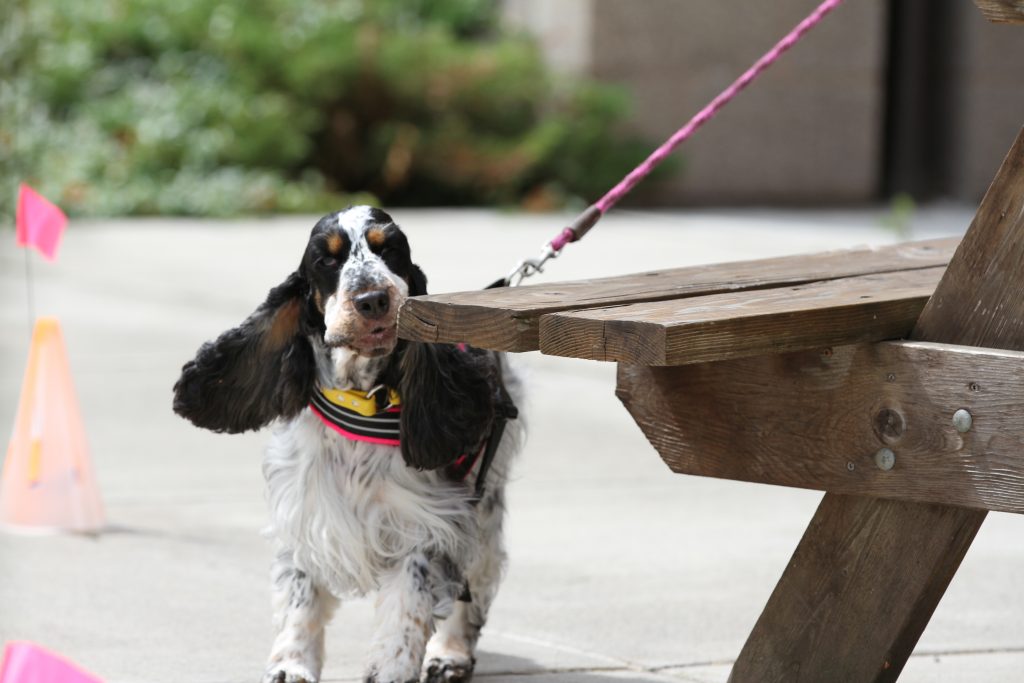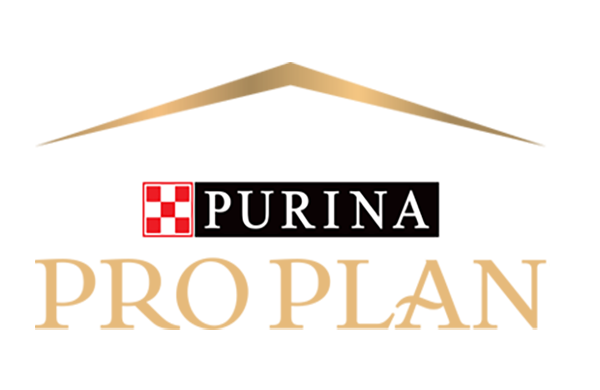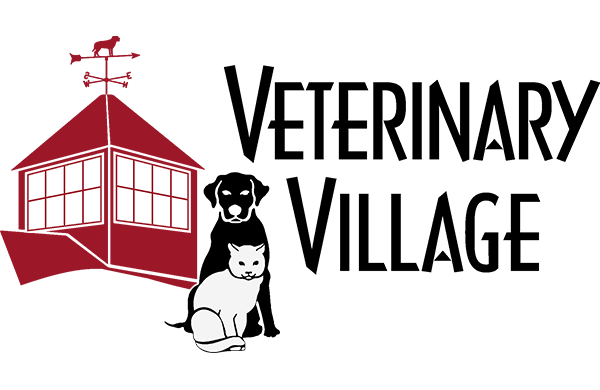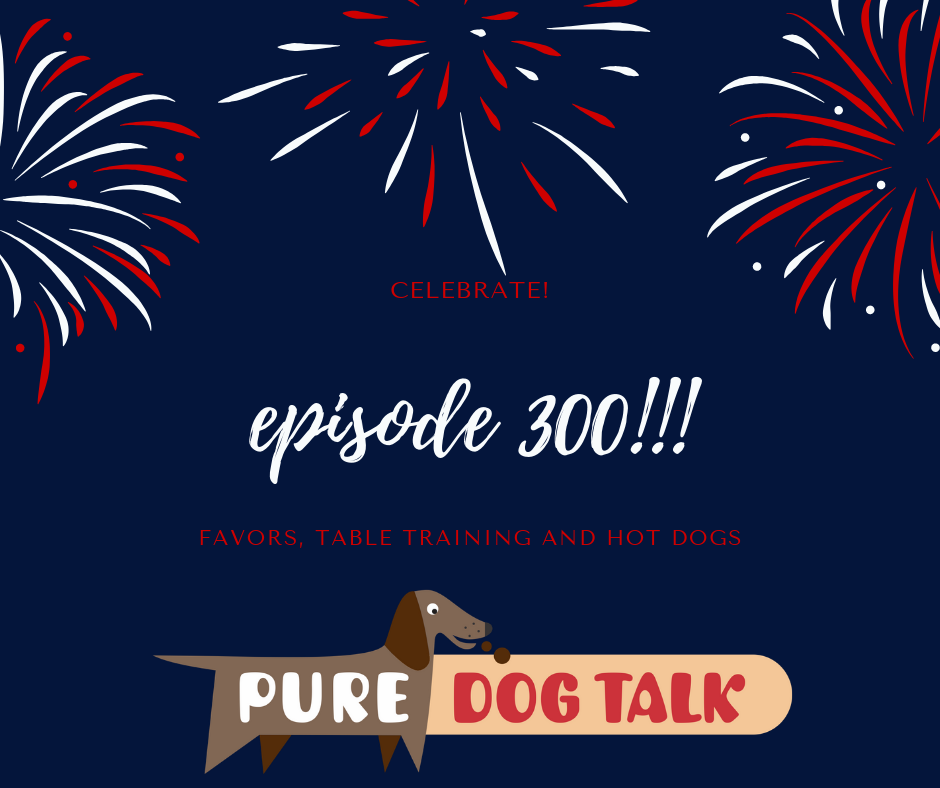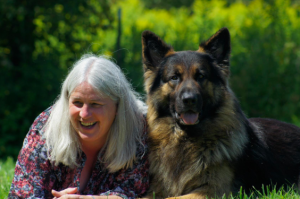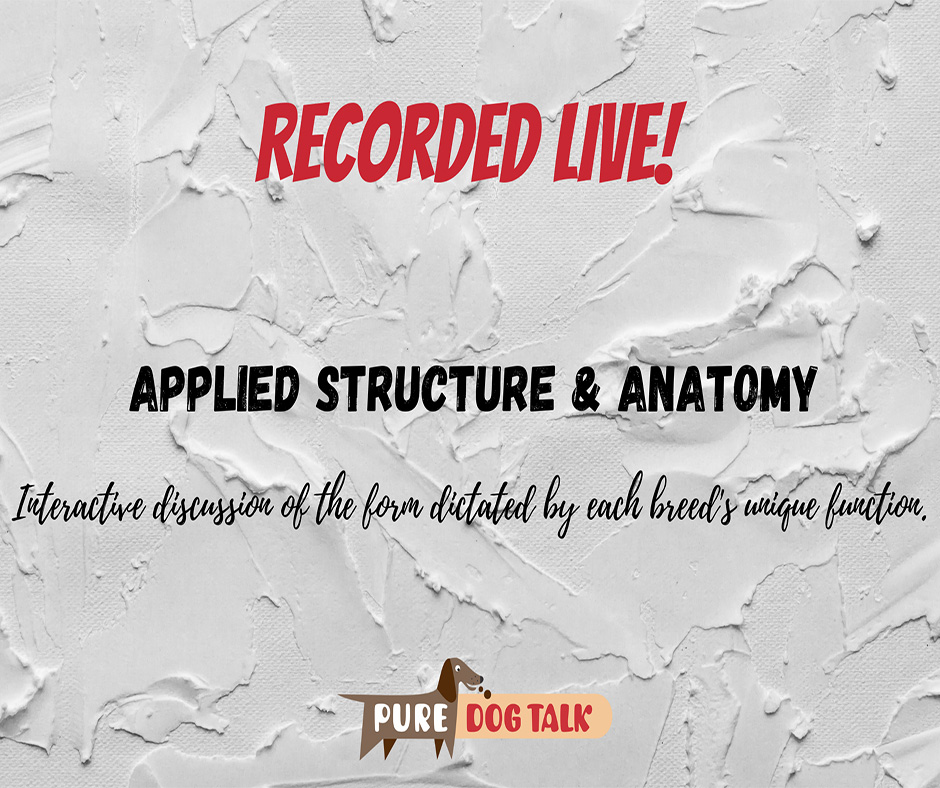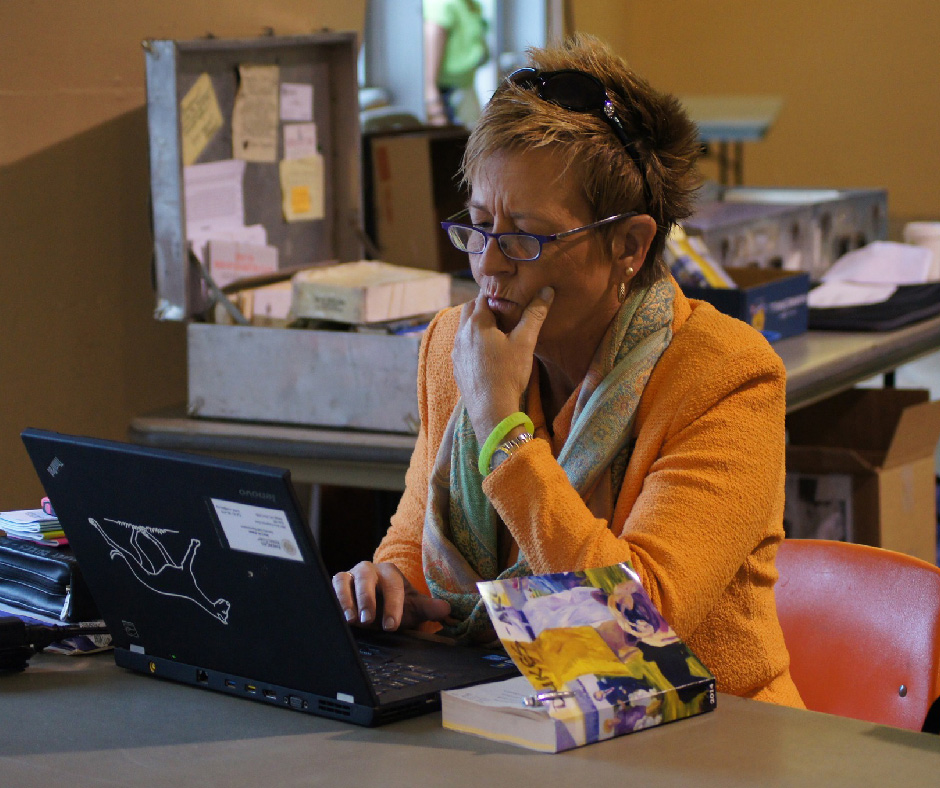137 – Scent Work for Sport and Service, Jon Sarabia
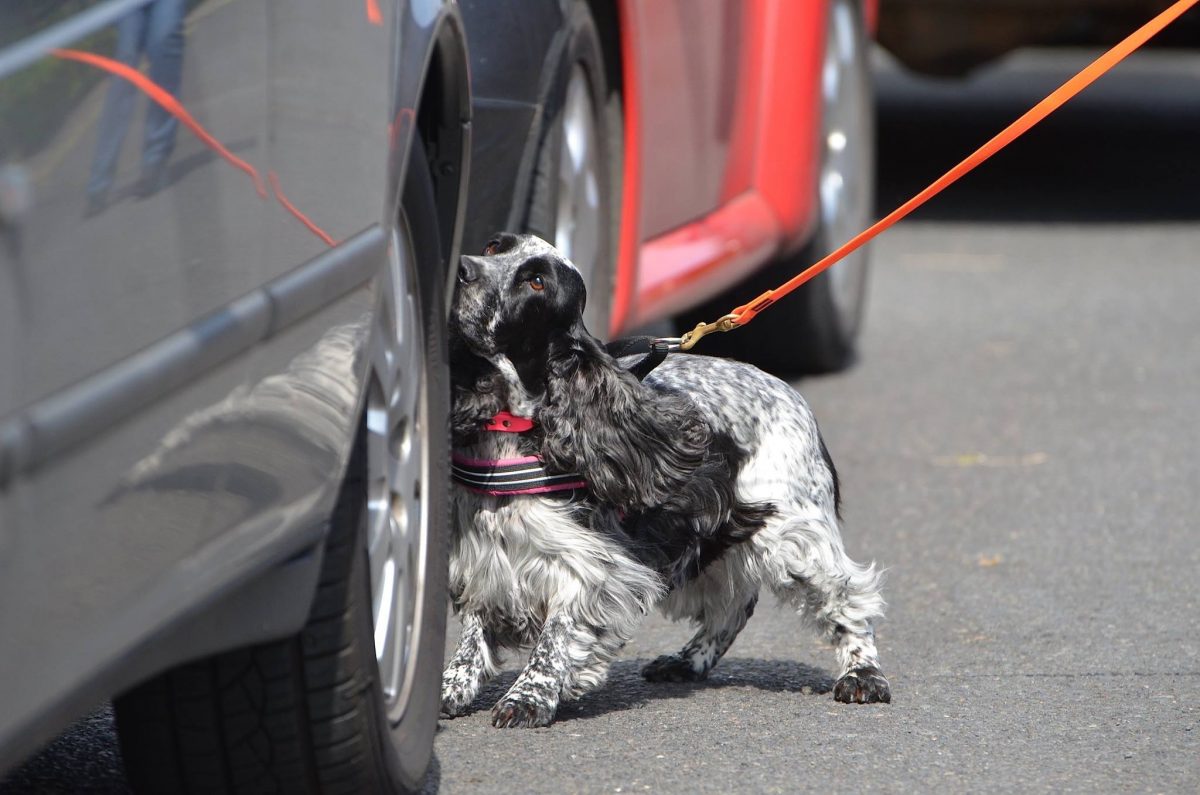
Scent Work – The Nose Knows
Scent Work is an accessible sport for handlers and dogs that builds on the one thing ALL dogs do well — sniffing. AKC’s brand new Scent Work program, and the events from which it is derived, are amongst the fastest-growing sports in purebred dogs. We visited with some of the judges and participants in this new game to bring our listeners in-depth and up-to-date information.
Jon Sarabia – Scent Work Judge
Our podcast interview today features Jon Sarabia, a retired military dog trainer based in Missouri, who is now active in the sport as a competitor and judge.
Listen to our talk with Jon Sarabia from Amore K9 Training in Sedalia, MO as he describes the way he starts dogs out learning how to find two drops of essential oil on a cotton ball buried under a foot of dirt.
We also had a chance to talk with Penny Scott-Fox, the Southern California trainer who was a founding member of the National Association of Canine Scent Work, Hallie McMullen, who has been training dogs for law enforcement detection work for over 20 years, and Karyn Eby, a Washington State based trainer who transitioned to scent work from advanced field work with her English Cocker Spaniels.
Penny Scott-Fox: National Association of Canine Scent Work
Penny Scott-Fox, NACSW Faculty and Founding Member, AKC Scent Work Judge, Certified K9 Nose Work ® Instructor
PDT:
I would love to hear some more history of how this sport began and what you think has propelled it to be so overwhelmingly popular.
PSF:
The original sport NACSW (National Association of Canine Scent Work) was started by Ron Gaunt and two of his students, Amy Herot and Jill Marie O’Brien. They realized that the scent work part of detection training could provide a lot of fun for dog enthusiasts and pet owners alike. It exploded. After selecting seven instructors to help them teach the sport (I am one of the original seven), classes started everywhere. People became certified nose work instructors across the country and soon there was an enormous demand for trials.
To be honest, it has been hard for the NACSW to keep up creating frustration in exhibitors being able to get into trials. Also in order to earn a title with the NASCW the team needs to earn a 100 percent score. Now there are long wait lists for trials and sometimes one has to travel great distances. As the sport continues to grow there seems to be more frustration with NACSW.
PDT:
I’ve gotten differing opinions as to the ease or, I guess, accessibility of the sport for folks new to the concept. Can you give us a typical training routine for a new dog, of any age, to prepare for a novice level trial? How does that time investment change as you go to higher levels of competition?
PSF:
Nose Work (NACSW) or Scent Work (AKC) is fun, there is no doubt about it. Anyone can do it, almost any dog can do it and you don’t have to be super fit to run your dog. The training is straight forward. There are a lot of instructors available plus some good online courses. You don’t need a ton of equipment to practice so it makes it a very accessible game to play with your dogs. Any age dog can do it too. I always start my puppies off at eight weeks and they are able to compete at one year (NACSW) or 6 months (AKC).
That being said like any sport; it’s not easy, it does require training and the dogs need to understand the game in lots of different environments. There are four odor elements in each organization. Each element requires the dog to find the odor and communicate to his handler that he has found it. The handler does not know where the hide is. The NACSW uses Interiors, Exteriors, Containers and Vehicles for its titling searches. As you progress up the levels the searches become more complex with more hides, distractors and time pressure.
The AKC uses Interiors, Exteriors, Containers and Buried as their elements and one can earn ‘legs’ for each search that is successful. The AKC also has a fifth element, which is handler discrimination. The AKC requires that you pass each element three times to earn a title. The NACSW requires that you pass all the elements on the same day.
As the AKC Scent Work division evolves I think we will see trials as popular as agility trials popping up everywhere making it much easier to trial and earn titles. With everything it does depend on both the handler and dog to assess how quickly they could become trial ready. I teach a lot of Nose/Scent Work classes and certainly have students who could be ready to trial within six months of training and some even sooner. With the long wait lists within the NACSW, teams don’t progress that quickly through the title range unless they are very lucky to get in to trials thus they keep training and are often ready by the time they get in. With the onset of AKC Scent Work I think that will change and the teams may struggle at the high levels as their dogs wont have the mileage or search experience.
PDT:
What is one of the most important mistakes to avoid in training? One of your most fool proof, reliable training tips?
PSF:
In my opinion a common mistake that teams make is they start ‘testing’ the dog early on by doing blind searches to see if they are ready to trial. A blind search is where the handler doesn’t know the location of the hide so that have to rely on the dog for the final communication. Often they are not ready for that and if the handler get nervous the dogs often false alert by going into obedience mode in order to apeeze the handler.
I always try to keep it simple and end any training session on a successful note.
Hallie McMullen: Law Enforcement Detection
I have been training dogs for law enforcement detection work for over 20 years. I was so excited to see the sport world getting involved and providing the opportunity for all dogs to enjoy this work. I am an instructor for Scent Work and I am also a judge for NACSW and the AKC.
I love starting older dogs. They already understand some things about training/learning and the handler usually reads their behavior pretty well because they have a relationship. I use the same initial techniques as puppies. I make my adjustments more by the drive and motivation of the individual dog than the age. I like to take advantage of what comes naturally to each Dog. It is really important that it is always fun and engaging. The handler needs to be dynamic without interfering with their dog. Trust Your Dog!!
Karyn Eby on Scent Work: The K9 Tutor
PDT:
We visited with Jon Sarabia about how to get started in Scent Work. Now I’d like to talk about how to go to a higher level in the sport.
KE:
My first recommendation is to have a solid base to begin with. If you have a dog that has a good hunt drive, that’s where your novice work comes in. When you’re preparing for novice, you’re working on the dog’s hunt drive. As you move on to the next level, it becomes more intricate, in that you’re looking at different types of placement of odors and different odors. Once you introduce a dog to one odor, it’s very easy to add new odors. That’s not so much an issue. To begin with, you’re looking at a single odor. As the dogs advance, then you’re looking at two, three odors in the same room. You’re talking at that point about converging odor. As you move up, you start getting into inaccessible odors, more elevation of hides.
PDT:
When you talk about hunt drive you’re not talking about the drive to hunt birds, but rather to seek?
KE:
That is totally accurate. It’s in their DNA to have that hunt drive. As a competitor, you want to try and bring that out. It’s a natural thing that all dogs have.
There’s a difference between hunting and scent work. When you’re hunting, your dog will let you know. They would work the odor, I’d see them, watch their tail, they push up a bird. In scent work you don’t necessarily know until they communicate it to you. It’s the closest you can get to being in their world.
PDT:
So how do you learn how to communicate, to hear what the dog is saying?
KE:
Practice, practice, practice. Volunteering, watch the dogs at a trial. It’s so much easier when you aren’t connected to the dog to pick up a lot of this stuff.
There’s an ebb and flow, when you’re on leash, taking leash in, letting it go. Knowing when to be closer, when to give space to work. It’s like a dance with your dog. I love watching really good handlers.
PDT:
Talk to people about how you get to that point of knowing that your dog knows more than you do.
KE:
When I first started, I never completely understood the change of behavior. Once you understand that, it’s much easier to trust the dog. Dogs don’t lie. When things go sideways, often times the handler is not giving the dog enough time to work the problem out or going over the same area more than a couple times, not trusting when the dog says there isn’t anything there.
PDT:
It’s my understanding this is a sport a person can get started with relatively minimal investment of time, equipment etc
KE:
When I start my students, all they have to do is bring a high value treat. When I do my container searches, I have a six foot leash. For interior or exterior searches, I have a 12 foot leash. And I have a comfort flex harness. So, for a total of about $60 you’re good to go. Entry fees for AKC scent work trials are about $20-$25 per element. Other organizations are a bit higher. For AKC you have to pass five elements to earn a title. But you can pick what you want to enter.
This is the fastest growing sport in the US right now. There can be wait lists for trials, much like agility when it first started. It’s just exploded. It’s not too expensive. Literally ANY dog can do it. A blind dog, deaf dog, one with mobility issues. Same for the handlers. A lot of my students are in their late 60s and 70s. Dogs retired from other sports, dog reactive dogs.
Everything from a chihuahua to a Great Dane can do this.
Our dogs are amazing!
KNOWLEDGE IS POWER — FRANCIS BACON
When you become a patron of Pure Dog Talk you’ll tap into an exclusive community of experts to help you and your dog be blue-ribbon best at whatever you do with your purebred dog! Your support helps keep the MP3's rolling at Pure Dog Talk!
As a supporter, you’ll immediately gain access to the weekly Pure Pep Talk SMS, Pure Pep Talk private Facebook group, and priority emails. Patrons can choose to level up to the After Dark Zoom and a Patrons Digital Badge for their website— even a private counseling session with Laura on any topic.

DON'T MISS AN EPISODE!!


